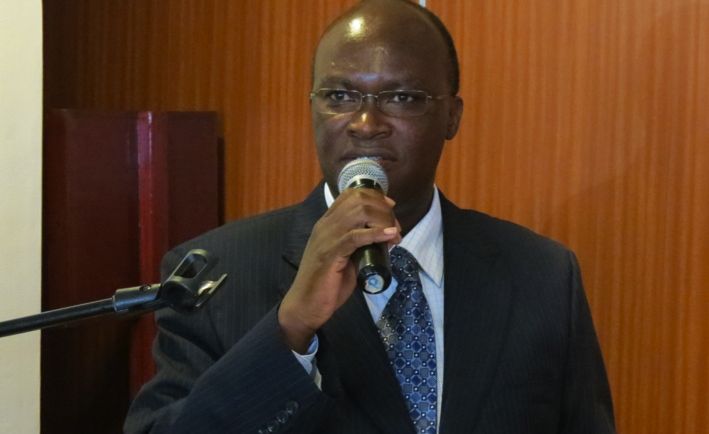The Health Bill must empower the Cabinet Secretary for Health to utilise compulsory licensing
- CIPIT |
- July 9, 2013 |
- Access to Essential Medicines,
- TRIPS

There are various types of Trade Related Aspects of Intellectual Property Rights (TRIPS) Agreement flexibilities. According to the Doha Declaration on the TRIPS flexibilities and public health, these flexibilities should be employed as a matter of right by the developing countries to safeguard access to essential medicines. Notably is compulsory licensing.
Compulsory licensing is the process of exploiting a patent without the express permission/consent but in consultations with a patent owner. The motivation or grounds for compulsory licensing ranges from dealing with monopoly situations to ensuring that a registered patent is actually worked in the market.
Article 31 of the TRIPS Agreement lay out the requirements that must be met before one can successfully utilise compulsory licensing. These conditions are stringent and in the past it was required that any license issued must be restricted to the supply of domestic market or local use. In August 2003 pursuant to Paragraph 6 Decision of the TRIPS Council, countries are now allowed limited imports and exports. This was in response to complaints that some developing countries lacked or had limited manufacturing capacity. Rwanda is the only country that has taken advantage of this new development to import drugs from Canada but within a very short period of time.
Today, Kenya is grappling with the Health Bill. It is supposed to give ‘flesh’ or content to the abstract right to health enshrined in the Kenyan Constitution under Article 43(1)(a).
In this regard, I revisit the issue of compulsory licensing. Currently, sections 72 to 78 of the Kenyan Industrial Property Act (IPA) deal with compulsory licensing in Kenya. Nowhere has the role of the Cabinet Secretary for health been defined despite the fact that it is a major safeguard of public health.
It is therefore incumbent that the principal health legislation address this gap by empowering the Cabinet Secretary for health to be able to apply for compulsory licenses. Currently, only generic manufacturers can approach the tribunal for such orders.
The justification for this powers include that it is only teh Cabinet Minister for health who may be able to respond to certain public health emergencies. for example, Anthrax. As such, without enabling powers he or she may be helpless since the law does not allow him to apply for a compulsory license. This scenario is precarious and therefore untenable.
In conclusion, Kenya will be better prepared to handle its public health emergencies if the Cabinet Secretary for Health, in addition to the generic manufacturers, was clothed with the powers to make an application for compulsory licensing. Any other scenario exposes the country to very difficult challenges in case of a public health crisis with the Cabinet Secretary for Health as a spectator like any other Kenyan citizen.
